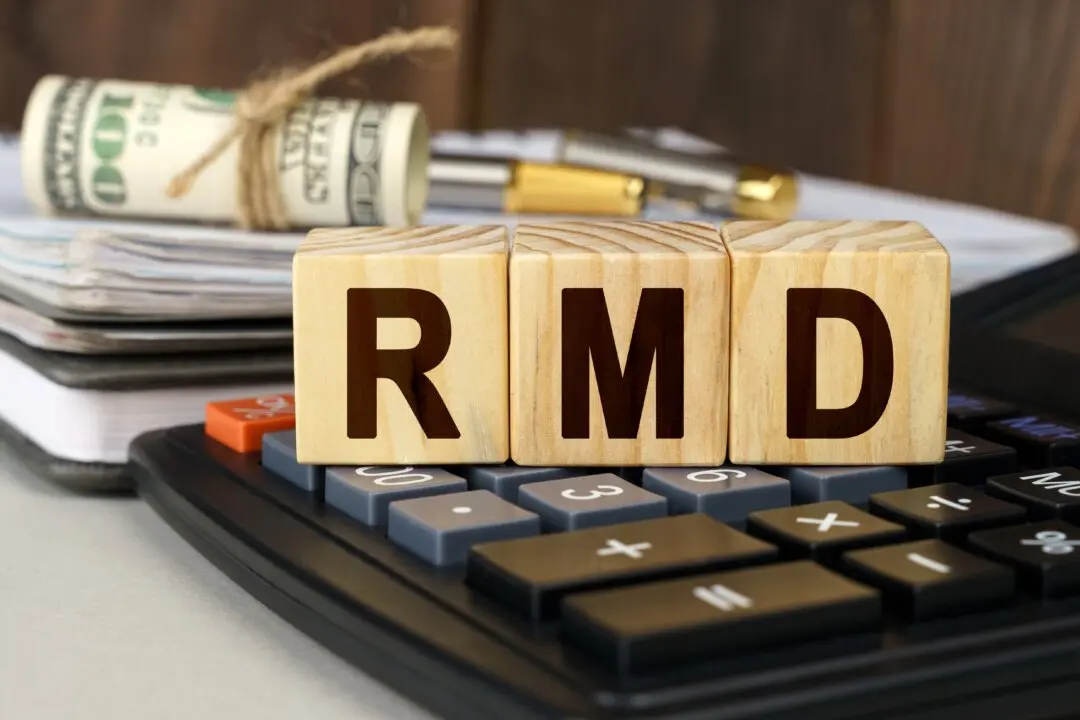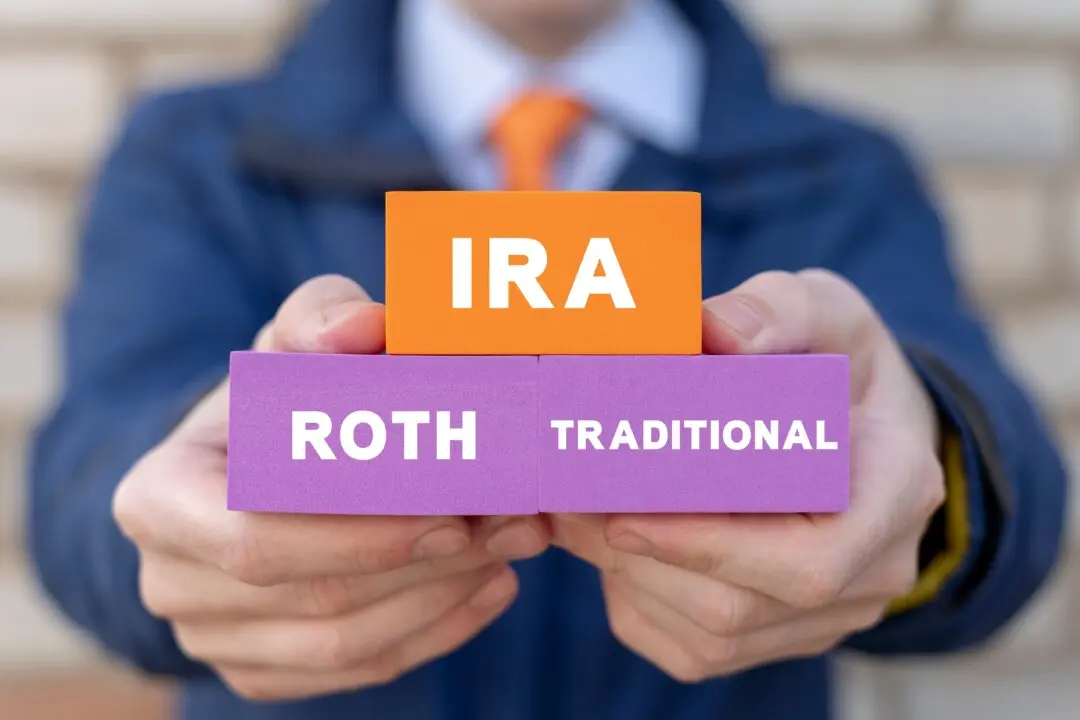You likely have heard the saying that the only certain things are death and taxes. And then there’s the so-called “Death Tax.” Officially called the estate tax, this is a tax levied on assets above a certain amount transferred to heirs upon an individual’s death.
Thanks to the Tax Cuts and Jobs Act (TCJA) enacted during President Donald Trump’s first term, the amount that had to be breached to owe an estate tax was increased substantially.






